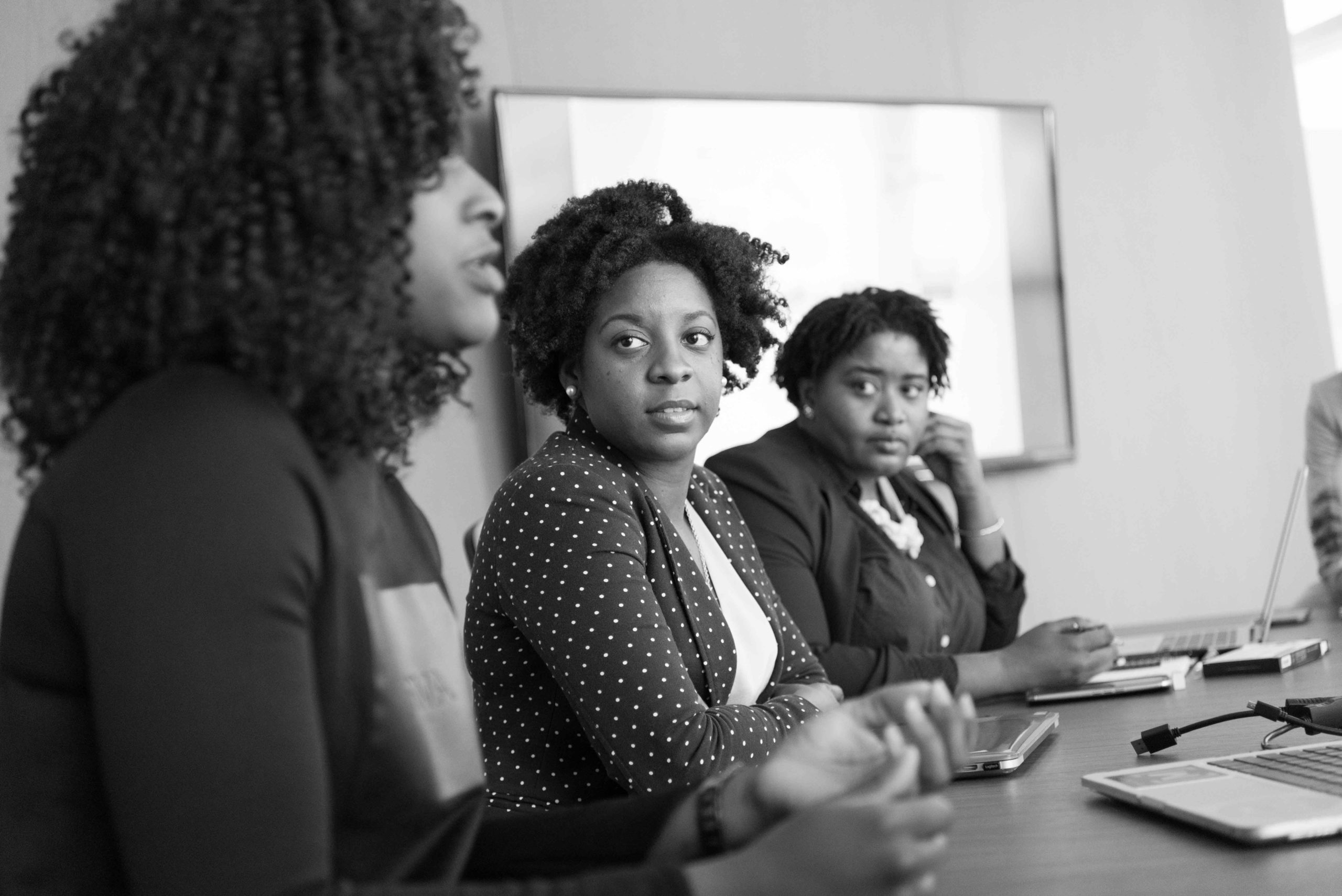The Human Library creates a safe space for dialogue where topics are discussed openly between human books and their readers, writes GOSEGO MOTSUMI.
People are wired differently and have unique stories to tell, hence it is usually difficult to randomly ask someone why they are different. It is for this reason that the second edition of the Human Library was hosted last Saturday at the University of Botswana Library – to create safe spaces for people subjected to any stereotype to share their personal stories. Rather than borrowing a physical book, the librarians offer readers a candid 30-minute one-on-one honest conversation with a person as an ‘open book.’
“You can watch the books go through all sorts of emotions as they tell their personal experience with their topic,” said Mpho Pitse, the founder of The Human Library Botswana. “You can ask them any sort of question and get a real answer. It’s what the books hope you will do. Every human book represents a group in society that is often subjected to prejudice, stigmatisation or discrimination because of their lifestyle, diagnosis, belief, disability and so on.”
The Human Library, which originated in Denmark, gives a whole new meaning to the phrase, “I’m an open book.” Set up just like a normal library, there are a variety of topics to choose from and the human books are volunteers who make experiences open, discussing issues that people normally sweep under the rug. The crucial takeaway from the experience is to not judge a book by its cover.
“With this global movement we are not allowed to be making money so everything is on a volunteer basis,” Pitse said. “Our books are people from all walks of life and we look for them everywhere, from references to requests. It is amazing how so many people want to share their stories. Unfortunately not all stories qualify because some issues are still fresh and need a bit of time. We normally urge our readers to come with open minds and not judge anyone.”
This year’s Human Library featured 10 books. Readers could borrow a person with cerebral palsy, polycystic ovarian syndrome, a victim of racism, a non-conformist, a death row ex-convict who is now free, a victim of gender-based violence, a parent sharing their child’s condition of conversion disorder, a wheelchair-bound woman and an ex-convict. From the non-conformist book, MotherK Masire shared that curiosity has driven her to explore life in very interesting ways. She didn’t fit into many spaces but found peace in solitude. Religion intrigued her and she explored all faiths to try to find her purpose and in the process took a bold step to believe in a higher being.
“I have found out that all religions are the same and it is just that we use different names to refer to each,” some pages from her book read. “I am now a spiritualist who believes in a higher God, but I don’t follow a specific religion. In my quest to finding my purpose, I quit my lucrative job because my soul felt faded. I pick up energies and I am a guardian of love and peace. I have found my purpose as the co-founder of Afro Botho.”
Meanwhile, another interesting book was told by a death-row ex-convict who has now gained his freedom. He had a great job and family and had a clean record until one night when he tried to prove to his friends that he was not a young boy but instead scored a bed on death row. “With more than 12 years in prison, I have learnt that ignorance of the law is no excuse to commit a crime,” he said. “Infact, crime is for losers! I am now a Muslim who wants to rehabilitate those in prison because I know exactly what it feels like in there. There is no rehabilitation. Me and my friends killed two people on the 24th of December. We were arrested on the 26th, and that was the biggest mistake of my life.”
Pitse Concluded: “In Botswana, we have commemorations that do not happen regularly. We are trying to facilitate that with this event. The Human Library is meant to facilitate the reading culture and our future plans for our upcoming event are to have a series leading up to the main event so people learn to un-judge others.”

